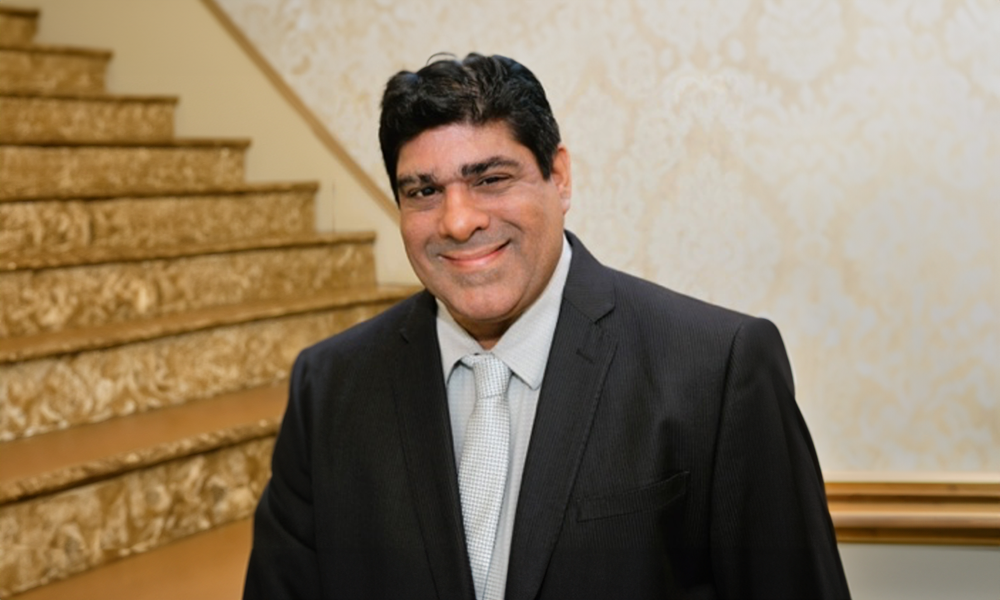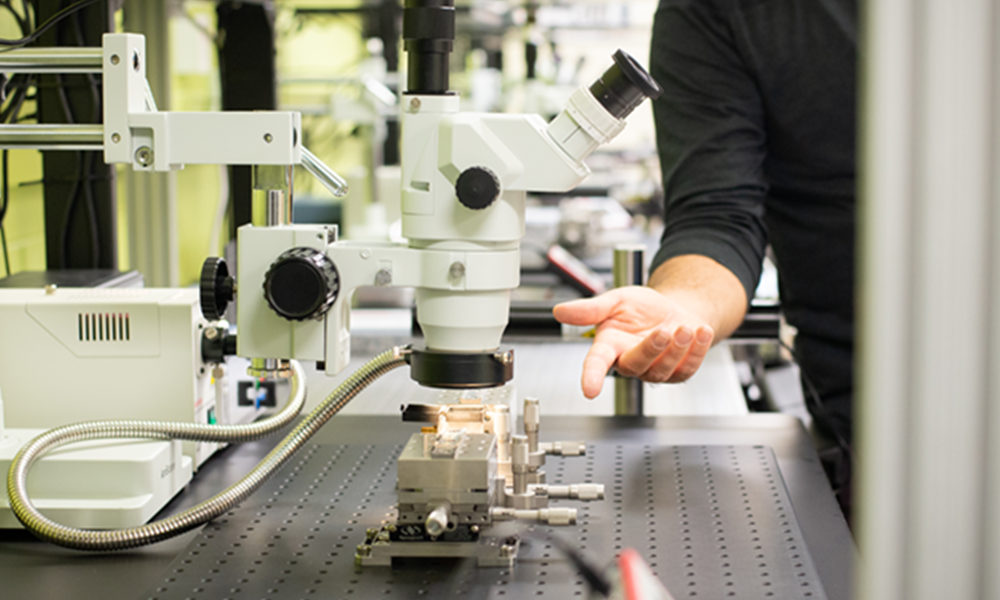For lessons on how academia and industry can create exciting opportunities in startup space, students at Western New England University need look no further than just a few miles from campus at FloDesign Sonics in nearby Wilbraham, where many have found internships and jobs.
The latest venture to emerge from under the FloDesign umbrella, FloDesign Sonics has at its core Professor of Mechanical Engineering Bart Lipkens, co-founder and chief technology officer; Professor Emeritus Walter Presz, co-founder and senior fluids fellow; and Trustee Stan Kowalski III '92, co-founder and CEO. They lead a lean but growing team of scientists and engineers, including Western New England alumni and interns in engineering, law, and business, eager to play a role in the game-changing technology flowing through the startup.
Launched with a $10 million investment from Bright Capital, FloDesign Sonics bills itself as "The filter-less filter company for life sciences and industrial applications." Its mission is to pioneer a revolutionary approach to harnessing the power of acoustics to capture, separate, and manipulate particles or cells in fluid. Such tools present unlimited opportunities to transform the filtration process across multiple industries, including bioprocessing, cell therapy manufacturing, and other life sciences.
Initially focused on acoustic filtration in such areas as clean water, oil spill cleanup, and lipids during cardiac surgery, FloDesign Sonics is set to pivot to providing customized solutions in cell therapy and cell processing.
"We are transitioning from an R & D company to a product company helping industry mass produce personalized medicine," says Dr. Lipkens, currently on leave from teaching at the College of Engineering. "It’s a more gentle way of processing cells offering a radical change in manufacturing cells for immunotherapy applications, while reducing costs and improving access and quality. We call it bringing lab technology to the bedside."
FloDesign Sonics provides exciting opportunities for Western New England University students as well, via internships (5-10 per year), Senior Design Projects (more than 40 have focused on its technology), and opportunities for continued cross-disciplinary research involving University faculty in engineering, pharmacy, and physics. Interns have responsibility for their own projects as they learn the ins and outs of the evolution of a startup. Many of the company’s 45 issued patents include the names of interns and alumni.
"The University has been fantastically supportive," says Dr. Lipkens. "The potential for this technology to impact the pace of innovation is staggering. This approach can disrupt the entire bioprocessing continuum and spark new employment opportunities in the region. As we prepare to commercialize and market our technology, we will be looking to Western New England again to tap the talent of its business, engineering, and other students and alumni to play a role in this exciting venture we began together."





